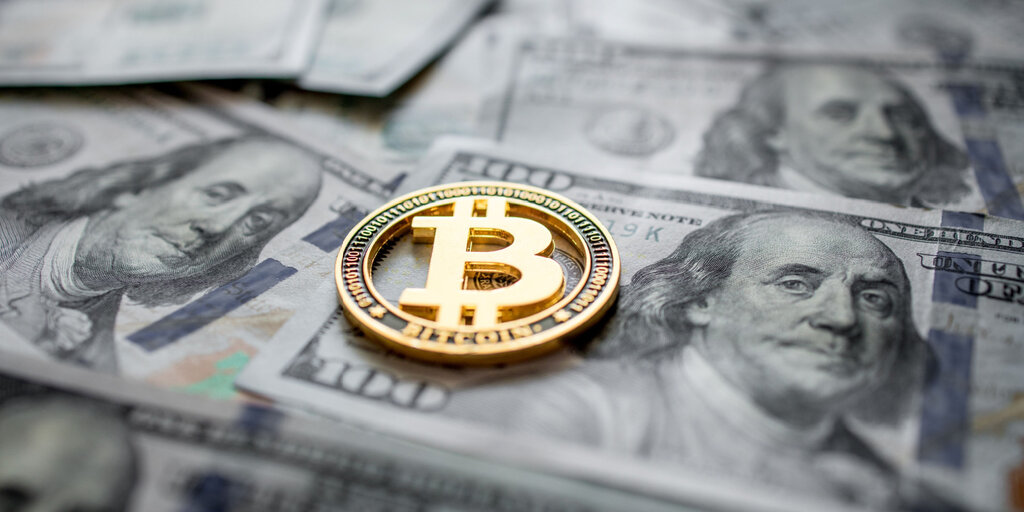

Cryptocurrency is legal in Hawaii.
The Aloha State has consistently had one of the worst reputations in the country for being unfriendly toward digital currencies. This makes Hawaii the second state, after New York, to have Bitlicense, which it is attempting to adapt and adopt.
However, in a press release quietly posted by the governor’s office last week, the state administration stated that “digital currency companies will no longer require a Hawaii-issued money transfer license to conduct business within the state.”
“Companies will be able to continue their trading activities as unregulated businesses,” the announcement continued. “However, such companies are responsible for complying with applicable federal licensing or registration requirements.”
In other words, Hawaii’s regulatory stance suddenly changed from strict to “lax.”
Licensed?
The policy change came after years of debate, research and a spectacularly failed attempt at a modification by the state legislature. Hawaii’s state financial regulator, the Department of Financial Institutions (DFI) under the Hawaii Department of Commerce, has long maintained that cryptocurrencies, particularly cryptocurrency exchanges, fall under its purview. This jurisdiction is based on classifying cryptocurrency exchanges such as Coinbase and Binance as money transmitters, putting them under the same regulatory umbrella as companies such as Western Union.
However, senders are subject to strict reserve requirements in Hawaii. This means that cryptocurrency exchanges must hold cash reserves equal to their digital reserves. While such policies made catastrophic failures like FTX impossible, they also made doing business on the island impossible.
Most major exchanges simply refused to serve Hawaiian customers.
To resolve the impasse, DFI partnered with the Hawaii Technology Development Corporation (HTDC) to establish the Digital Currency Innovation Laboratory (DCIL). The pilot program created a regulatory sandbox where exchanges could temporarily serve Hawaiian customers without fear of regulatory action. In return, they provide data on the businesses that ultimately transacted in the state.
More than 30 digital currency companies applied, 16 were accepted to the program, 12 of which ultimately participated in the pilot program launch in 2020. In the meantime, states have begun developing licenses specifically for cryptocurrency companies.
Even within the confines of its regulatory sandbox, Hawaii registered a significant amount of activity on participating exchanges, serving 146,000 customers trading up to $284 million in a quarter.
Hawaii is not immune from cryptocurrency scammers.
battle of bills
Hawaii residents and policymakers were eager to unlock the explosive growth and economic potential of cryptocurrencies in Hawaii. It was 2000, with the price of Bitcoin rising toward $10,000 and not yet reaching its $64,000 high (or subsequent collapse), and various bills aimed at easing or eliminating blocks on financial blockchains were introduced in state legislatures. .
The only bill in both the state Senate and Assembly to do so was the one written by DFI. But the testimony was divided.
Most people agreed that some regulation was needed, but opponents said the proposed cryptocurrency license, modeled after New York’s Bitlicense, was too burdensome. This bill, like the bill extending the DCIL pilot, died before reaching the governor’s desk. In the aftermath, the state encouraged cryptocurrency exchange customers to sell their holdings on a pilot basis.
remain in limbo
The state unilaterally extended the pilot for an additional two years before it expired in 2020. Most participating companies stayed in the program. However, after several bills were introduced in the digital currency space, the subsequent legislative session failed to provide a definitive framework to allow but regulate cryptocurrencies.
Despite the disastrous year the cryptocurrency has had in 2022, the pilot has been extended for another two years until June of this year. And last month, the latest session of the Hawaii State Legislature convened without a cryptocurrency bill.
Now, the state of Hawaii has confirmed that it will leave management of the cryptocurrency space to the federal government, as DFI and HTDC jointly announced the end of the pilot. “DCIL’s conclusion is a milestone that reflects our commitment to balancing innovation and regulatory responsibilities,” DFI Director Iris Ikeda said in her statement. decryption At the time of writing.



